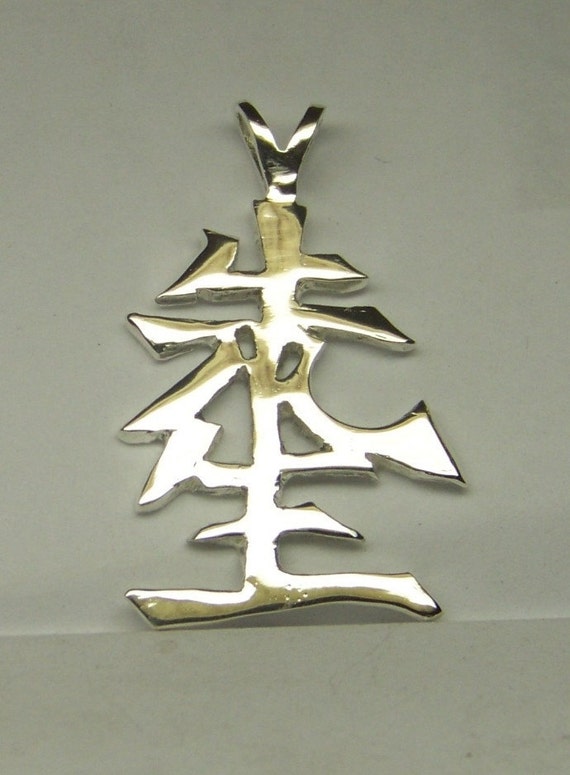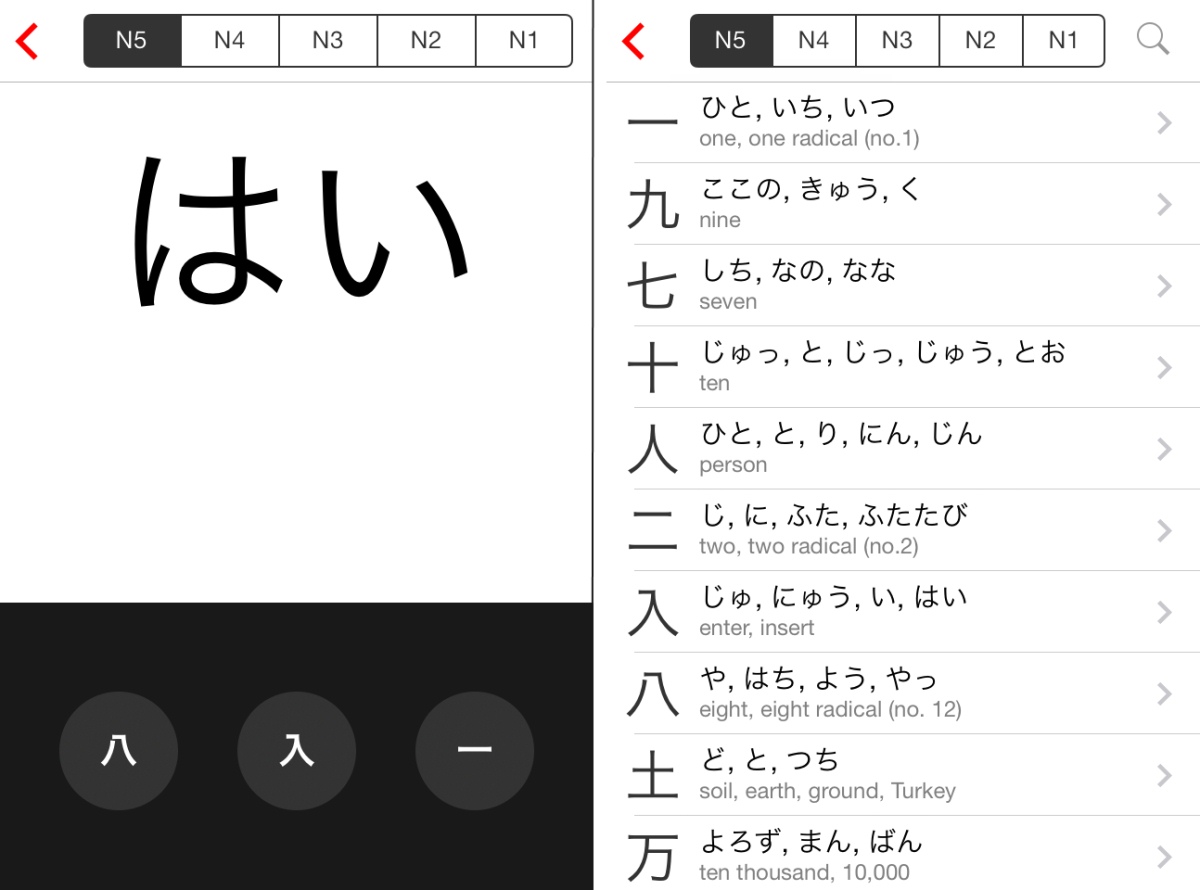

#SENSEI KANJI SERIES#
The series is written with four key points in mind, as found in the introduction: Otherwise, you won’t be covering the current jōyō list of 2,136 kanji. Just for good measure, let me say that again: Get the newer, revised edition of Kanji in Context, not the old one.

Indeed, mastering Kanji in Context is one of the best ways to prepare to pass the current N1-level proficiency test. However, as a new revision of the list was released in 2010, Kanji in Context was updated in 2013 to meet the new standards–now 2,136 kanji–along with nearly 10,000 vocabulary terms that incorporate those characters.

The original edition set out to cover all 1,945 常用 (jōyō or “everyday use”) kanji, as well as a couple of others like 誰 and 賄. The Center is one of the most prestigious Japanese language schools in Japan and is currently administered by a consortium of 15 American universities which have strong graduate programs in Japanese Studies, including Harvard, Columbia, Stanford, Yale, and a number of others. It’s a series of three books–one reference book, two workbooks–originally created in 1994 by the Inter-University Center for Japanese Language Studies, which itself was established by Stanford University in 1961. This is where the star of today’s show, Kanji in Context, comes in. Pretty neat, huh? Kanji in Context – Overview See? Now you’ve exposed yourself to a couple of ways in which 診る can be used, and you’re more likely to be able to use it in a sentence (i.e., a real situation - context!) later. Instead of having 「診る」 on a card by itself, try 「脈 / 患者を 診る」on the front, while highlighting–as I have done here–the main word to be focused on. Yeah, you can just give it a 1:1 translation and say “to examine (medically)”, but it’s far more effective to pair it with something that makes sense in context. After a while, words like this start to pile up, and keeping track of what they all mean without relying on context will quickly become a truly special kind of torture, and indeed, an exercise in futility. Beginners will find it simple and effective to put a word like「図書館・としょかん」 on a flash card, slap “library” on the back, and call it a day.Īgain, simple and effective–especially if you’re just cramming for a test.īut eventually, you’re going to start coming across onomatopoeic words like ガラガラ and ヒリヒリ. Let’s take flash cards, a common learning aid, for example. (Seriously–you just had to be there.)īut when it comes to language learning, while it’s important to have guidance, the context in which you learn new information has a major impact on your ability to recall that information later. If you feel that it is appropriate in your circumstances, we are very willing to create a piece of sensei Japanese calligraphy artwork for you.It’s the reason I’m so bad at retelling funny stories. It's a title that is used more orally to show respect, rather than something written in calligraphy. 先生 is kind of a strange thing to put on a wall scroll. This entry is more for educational purposes. In Korean Hanja, this means teacher, instructor, schoolmaster, or schoolmistress. It doesn't really have the "master" or "teacher" meaning in Chinese - see our Chinese "Master / Sifu / Shi Fu" entry if your audience is Chinese. It should be noted that this is also a courtesy title in Chinese but more like calling someone "mister" or "gentleman". In some cases, it is used for musicians and artists who have achieved a certain level of fame, skill, or accomplishment.
#SENSEI KANJI PROFESSIONAL#
In reality, this is a term of respect for almost any professional or skilled person (doctor, lawyer, teacher, etc). 先生 is sensei, which is associated in the west with a master or instructor of karate, aikido, judo, and other Japanese martial arts.


 0 kommentar(er)
0 kommentar(er)
